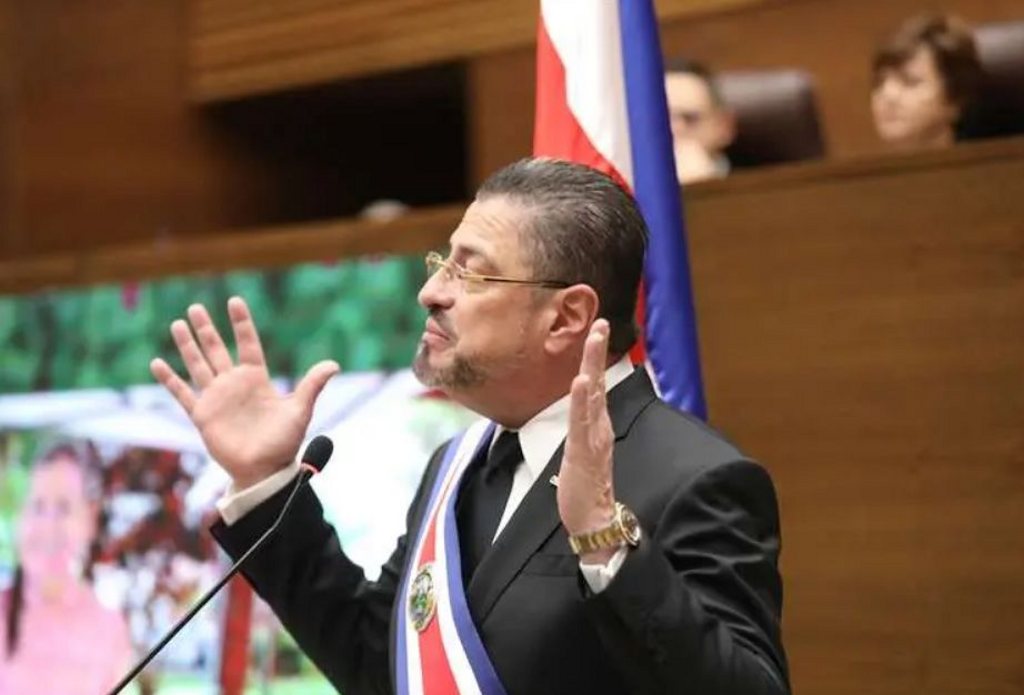QCOSTARICA — Seven out of ten (70%) graduating public high school students face the labor market with only A1 (beginner) and A2 (basic proficiency) levels of English language, according to a study carried out by the University of Costa Rica (UCR) with the support of Artificial Intelligence.
According to the exit profile established by the Ministerio de Educación Publica (MEP) – Ministry of Public Education – wtih respect to their level of English, students must have a minimum of B2 rank for bilingual high schools and B1 in the case of the rest of schools, based on the Common European Framework of Reference for Languages (CEFR), levels usually demanded by most companies in Costa Rica.
– Advertisement –
“We are quite concerned to see stagnation and even a setback. We expected better results because the current programs are designed for (students) to have a B2 performance, which is not achieved in any of the three skills evaluated: reading comprehension, listening comprehension and oral production,” explains Walter Araya, coordinator of the Program. of Evaluation in Foreign Languages of the UCR.
“Such results should motivate reflection by educational authorities on different aspects related to the technological and didactic resources that teachers have, infrastructure, and support from regional and national advisors, in order to make decisions and make change,” indicated Allen Quesada, director of the UCR School of Modern Languages.
“It is impressive that today some still have to be convinced about the importance of English and that they do not understand the impact and benefits that this brings them. It is not just about employment, but about connection, learning and living in society. The mastery of a second language, digital skills and other aspects are questions of survival,” says Vanessa Gibson, director of Investment Climate at CINDE.
This evaluation, consisting of a donation to the MEP to monitor the mastery of this language, was applied to a total of 5,625 students in the last two years of secondary school in academic and technical schools.
At the beginning of the 2023 school year, the MEP announced the investment of more than around ¢47 billion colones in language teaching programs, including the payment of base salaries and bonuses to teachers, adding the promise that by 2027 the majority of college students reach a level of bilingualism by the time they graduate.
The tool used to carry out this study was an avatar that interacted with each student to learn about their skills. Knowledge in French and Italian was also applied in some specific schools, where better results were obtained, according to the report.
– Advertisement –
Source link
Rico



